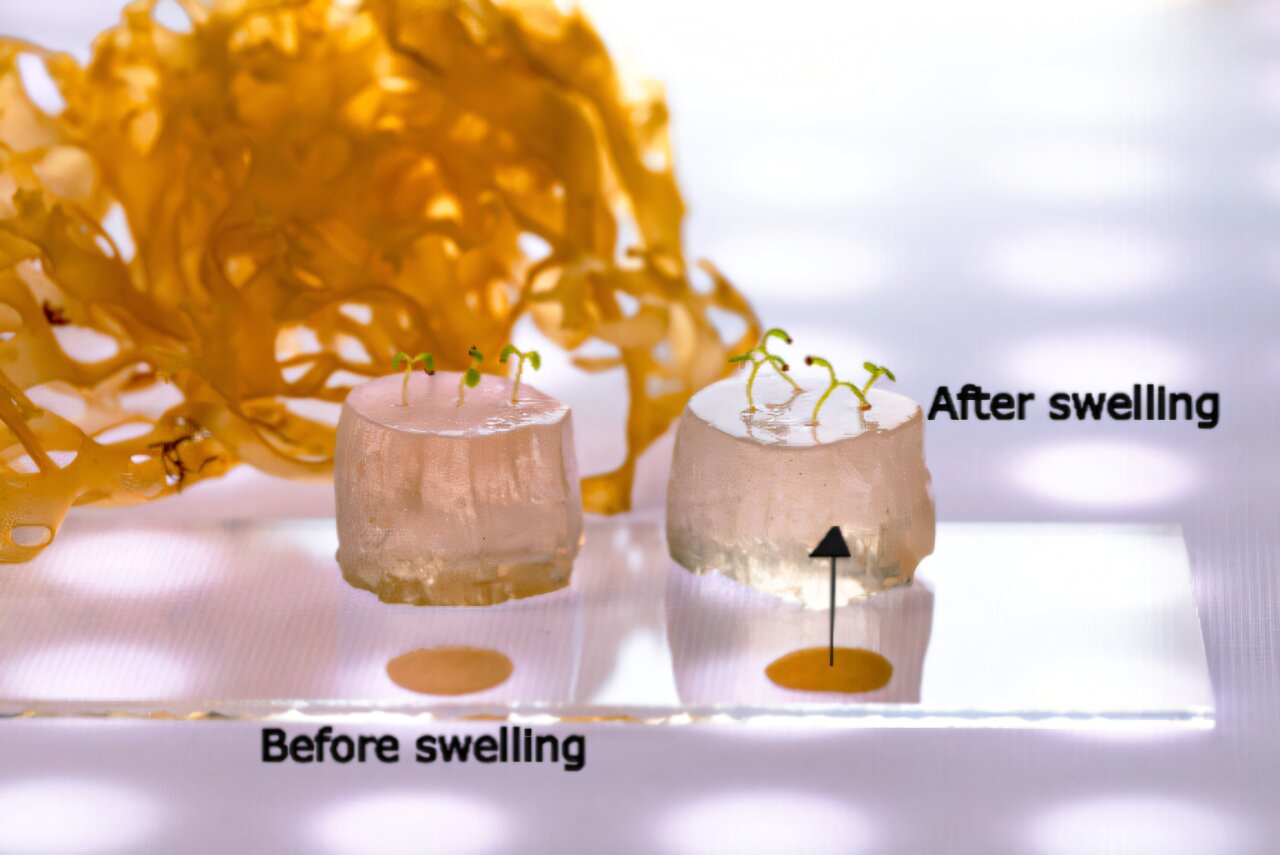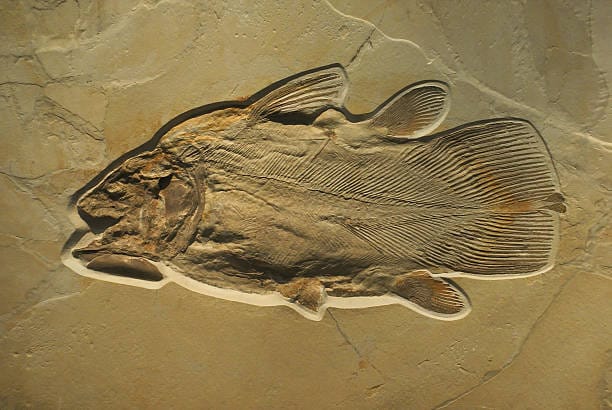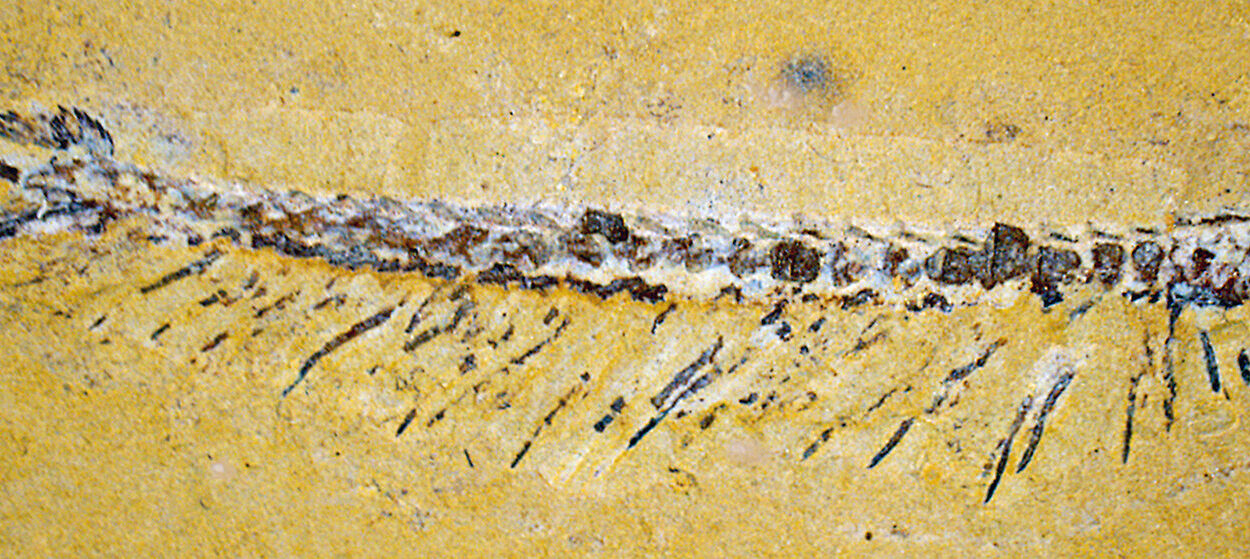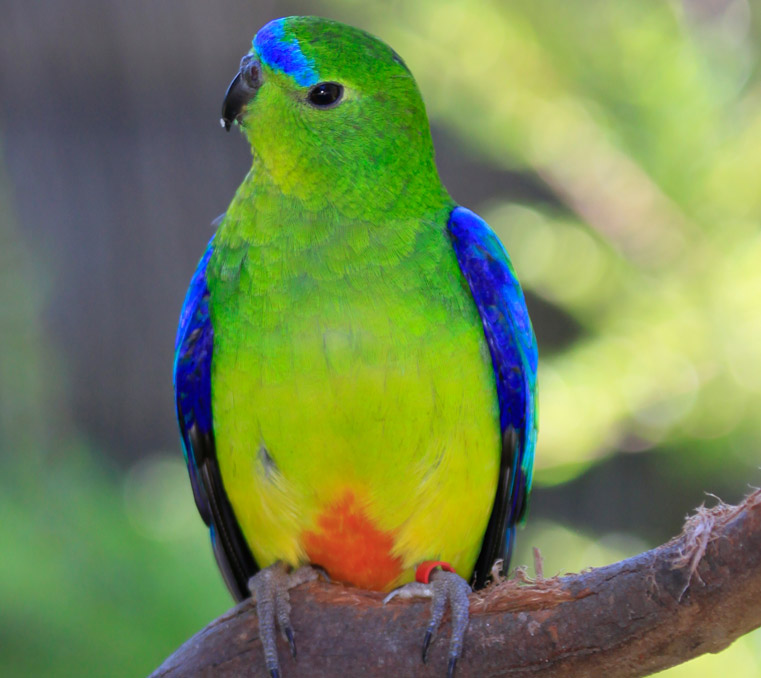Across the world, agriculture is at a crossroads. Climate change, prolonged droughts, soil degradation, and the relentless spread of pollutants are threatening the very foundation of our food systems. Traditional farming, deeply tied to soil and water availability, struggles under the weight of these challenges. The question is no longer whether we need new approaches, but how quickly we can transform agriculture to become sustainable, resilient, and efficient in a resource-scarce world.
It is against this backdrop that researchers at the Free University of Bozen-Bolzano (UniBz) and the Istituto Italiano di Tecnologia (IIT) in Genoa have created an innovation that could redefine soilless farming: a fully biodegradable hydrogel capable of supporting plant growth with minimal water. More than just a growing medium, this material promises to evolve into a smart agricultural system that can one day monitor plant health in real time.
The Science of Hydrogels
At the heart of this breakthrough lies a class of materials known as hydrogels. Hydrogels are fascinating substances: soft, sponge-like networks of polymers that can absorb and retain immense amounts of water relative to their own weight. Their porous structure makes them ideal for storing and slowly releasing moisture and nutrients—a feature that plants, especially in water-limited environments, can greatly benefit from.
While synthetic hydrogels have existed for decades, their reliance on petroleum-derived polymers makes them environmentally problematic. Discarded materials can linger in the soil, leaching pollutants and contributing to long-term waste. The challenge, then, has been to create a hydrogel that is not only effective for plant growth but also safe for the planet.
Harnessing the Power of the Sea
In the laboratories of IIT in Genoa, researchers turned to the ocean for inspiration. They used carrageenan, a natural polysaccharide extracted from red algae, to build the hydrogel’s framework. Carrageenan is already widely used in the food industry as a gelling and stabilizing agent, but here it serves a new role: forming the backbone of a completely biodegradable material that interacts harmoniously with the environment.
The scientists enriched the hydrogel with whole-algae extracts that act as biostimulants. These natural substances enhance a plant’s ability to absorb nutrients, tolerate stress, and improve overall growth quality. Unlike fertilizers, biostimulants don’t supply nutrients directly but encourage plants to use resources more efficiently. In this way, the hydrogel becomes more than just a passive scaffold—it becomes an active partner in the life of a plant.
A Material That Breathes with Plants
When tested in Bolzano, the hydrogel revealed astonishing properties. It could swell by up to 7000%, locking in water like a living reservoir and releasing it slowly as plants required. More importantly, when used to grow Arabidopsis thaliana, a model plant species, the results were striking. Compared to traditional hydroponic substrates, plants grown in the hydrogel displayed stronger and more vigorous growth, fueled by both steady hydration and the biostimulants infused in the material.
This is no small achievement. In hydroponic systems—where plants grow without soil—water use is already far more efficient than in conventional agriculture. Yet, even hydroponics requires careful management of water and nutrients. A biodegradable hydrogel that not only conserves water but also nurtures plants naturally represents a leap forward in making agriculture both more sustainable and more productive.
Towards Smart and Sustainable Farming
The vision of the UniBz and IIT team goes beyond simply growing plants. Their long-term goal is to integrate biodegradable, flexible sensors directly into the hydrogel itself. These sensors, also designed with sustainability in mind, could monitor plant health and environmental conditions in real time, offering farmers a precision tool to optimize growth while conserving resources.
Imagine a hydrogel scaffold that holds the seed, nurtures it as it grows, conserves water, delivers nutrients, and simultaneously provides continuous feedback on its health. Such a system would not only reduce agricultural inputs but also minimize waste, aligning farming with the urgent global demand for sustainable practices.
Voices from the Research
Camilla Febo, researcher at both UniBz and IIT, captures the spirit of the project: “Our goal was to develop a material that was not only biodegradable and sustainable, but that could also actively interact with plants, efficiently providing them with water and nutrients. The hydrogel we created can retain moisture and gradually release it, significantly reducing water consumption. This approach represents an important step towards more resilient and environmentally friendly agriculture.”
Athanassia Athanassiou, Vice Scientific Director of IIT and head of the Smart Materials Unit, emphasizes the larger vision: “At a time in history when freshwater resources are drastically diminishing and plastics are increasingly polluting the environment, at IIT we are focusing on developing smart and sustainable materials to counteract these effects through concrete solutions for key sectors such as agriculture. In this work, we used exclusively natural marine resources to engineer a hydrogel that retains water and provides nutrients to plants.”
Professor Luisa Petti from UniBz’s Sensing Technologies Lab adds a crucial perspective: “Technological innovation must go hand in hand with environmental sustainability. The hydrogel developed in collaboration with IIT in Genoa is a concrete example of how technology can support agriculture by improving resource efficiency and reducing environmental impact. This project demonstrates that it is possible to combine innovation and sustainability to address global challenges related to food security and climate change.”
A Pathway to Zero-Waste Agriculture
What makes this hydrogel truly groundbreaking is its zero-waste nature. Once it has served its purpose, the material can safely decompose, leaving no toxic residues behind. Unlike plastic-based pots, foams, or synthetic substrates, it becomes part of the natural cycle, returning to the earth without harm.
In this sense, it is more than a tool for farming—it is a philosophy in material form. It demonstrates that agricultural innovation need not come at the expense of environmental health. Instead, it can actively contribute to restoring balance, aligning food production with the rhythms of nature.
The Broader Impact
Agriculture is not just an industry—it is the backbone of human civilization. As the world population grows and climate instability deepens, the need for sustainable solutions becomes urgent. Innovations like biodegradable hydrogels provide a glimpse of what the future could look like: farming systems that conserve resources, minimize pollution, and adapt to the challenges of a changing planet.
The collaboration between UniBz and IIT highlights the power of multidisciplinary research. Engineers, material scientists, and plant biologists came together to solve a problem that no single field could address alone. Their work shows that the answers to our greatest challenges often emerge at the intersection of disciplines, where creativity and science blend into something entirely new.
Looking Ahead
The hydrogel is not just a scientific achievement; it is a promise. It points toward a future where agriculture is smarter, cleaner, and kinder to the earth. It envisions farms that waste nothing, consume less water, and still produce abundant, healthy crops. It imagines a partnership between technology and nature, where innovation supports life rather than depleting it.
In a world where soil is eroding, water is vanishing, and ecosystems are under siege, such solutions are not optional—they are essential. The hydrogel developed by UniBz and IIT is a reminder that the future of farming does not have to be one of scarcity and decline. It can be one of renewal, resilience, and harmony with the natural world.
At its core, this biodegradable hydrogel is more than material science. It is a symbol of possibility—proof that when we align human ingenuity with environmental responsibility, we can create technologies that sustain life, heal the earth, and secure the nourishment of generations to come.
More information: Camilla Febo et al, Harnessing Algal Biomass: Superabsorbent and Biostimulant Hydrogels for Seed Germination in Soilless Cultivation, ACS Agricultural Science & Technology (2025). DOI: 10.1021/acsagscitech.4c00723






